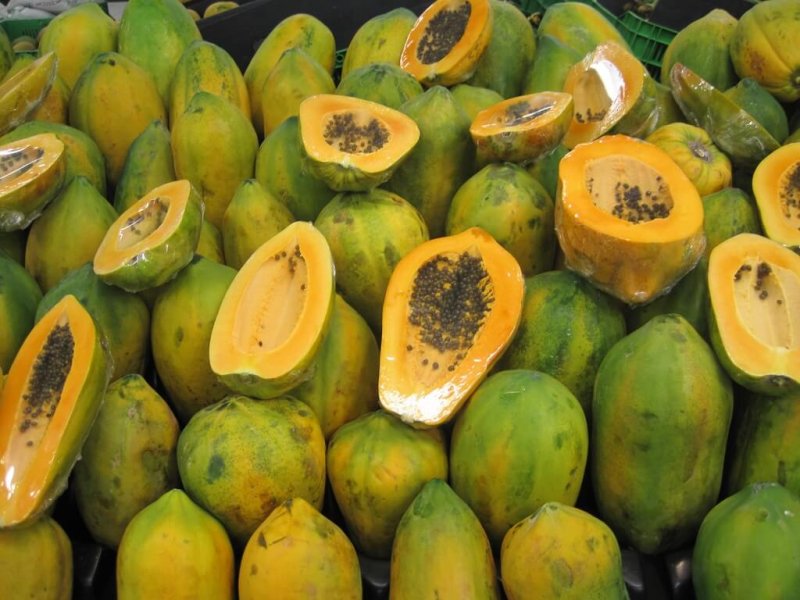Agricultural Economist Graham Brookes of PG Economics is the latest featured expert in the ISAAA Webinar series. His talk focused on the latest PG Economics’ report on the economic and environmental impact of genetically modified (GM) crops globally for the past 23 years.
…
Brookes emphasized the impact of GM crops which starts in the planting of GM crops in a specific area, and its widespread adoption helps not just the farmers who plant GM crops but those who plant the conventional counterparts as well, causing a “halo effect”. He cited the case of the virus-resistant papaya in Hawaii as an example, saying that its widespread adoption significantly reduced the effect of the virus in the islands.
This, in turn, enabled the non-GM papaya growers to also continue to grow their crops having benefited from the area-wide suspension of the virus, thereby helping save Hawaii’s papaya industry.































